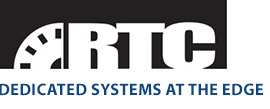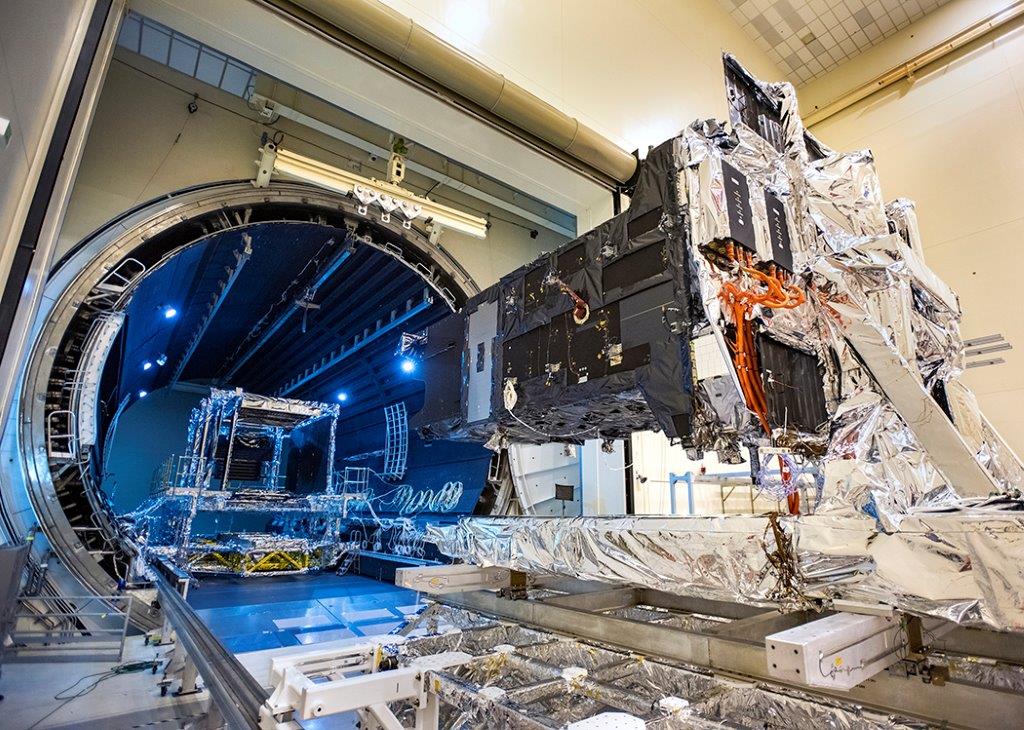LOS ANGELES AIR FORCE BASE
The Space and Missile Systems Center’s next Space Based Infrared System satellite (SBIRS GEO-5) reached a major milestone on its road to launch when Thermal Vacuum (TVAC) testing began on April 16 at Lockheed Martin’s production facility in Sunnyvale, California.
SBIRS GEO-5 is a high-priority U.S. Space Force program that provides worldwide missile warning capability for the U.S. military. SMC’s Production Corps and its industry partner Lockheed Martin Space work in close collaboration to achieve this major milestone for the program.
TVAC testing simulates the space environment by producing a near-vacuum and cycling through hot and cold temperature ranges that the satellite will experience through various stages of its orbit and seasonal cycles. This critical testing verifies that all satellite components are operating correctly and meet strict requirements and standards under all conditions.
SBIRS uses infrared surveillance to provide missile warning for national defense. The system consists of a constellation of satellites in both Geosynchronous Earth Orbit (GEO) and Highly Elliptical Orbit (HEO). The newest SBIRS satellites, GEO-5 and GEO-6, are based upon Lockheed Martin Space’s modernized LM 2100 spacecraft – an update that improves overall system resiliency to provide mission assurance to the warfighter.
The start of TVAC testing is a major milestone that drives the final testing and assembly of the space vehicle. Lockheed Martin Space overcame COVID-19 related challenges to maintain assembly and test operations with minimal impacts.
“TVAC testing represents the culmination of hundreds of thousands of hours of work by both the government and Lockheed Martin Space ensuring that we are giving the warfighter a national asset. I am proud of the men and women of the SBIRS program and their families for the years of sacrifice to get us to this point,” said Lt. Col. Ryan Laughton, SBIRS GEO-5/6 program manager.

